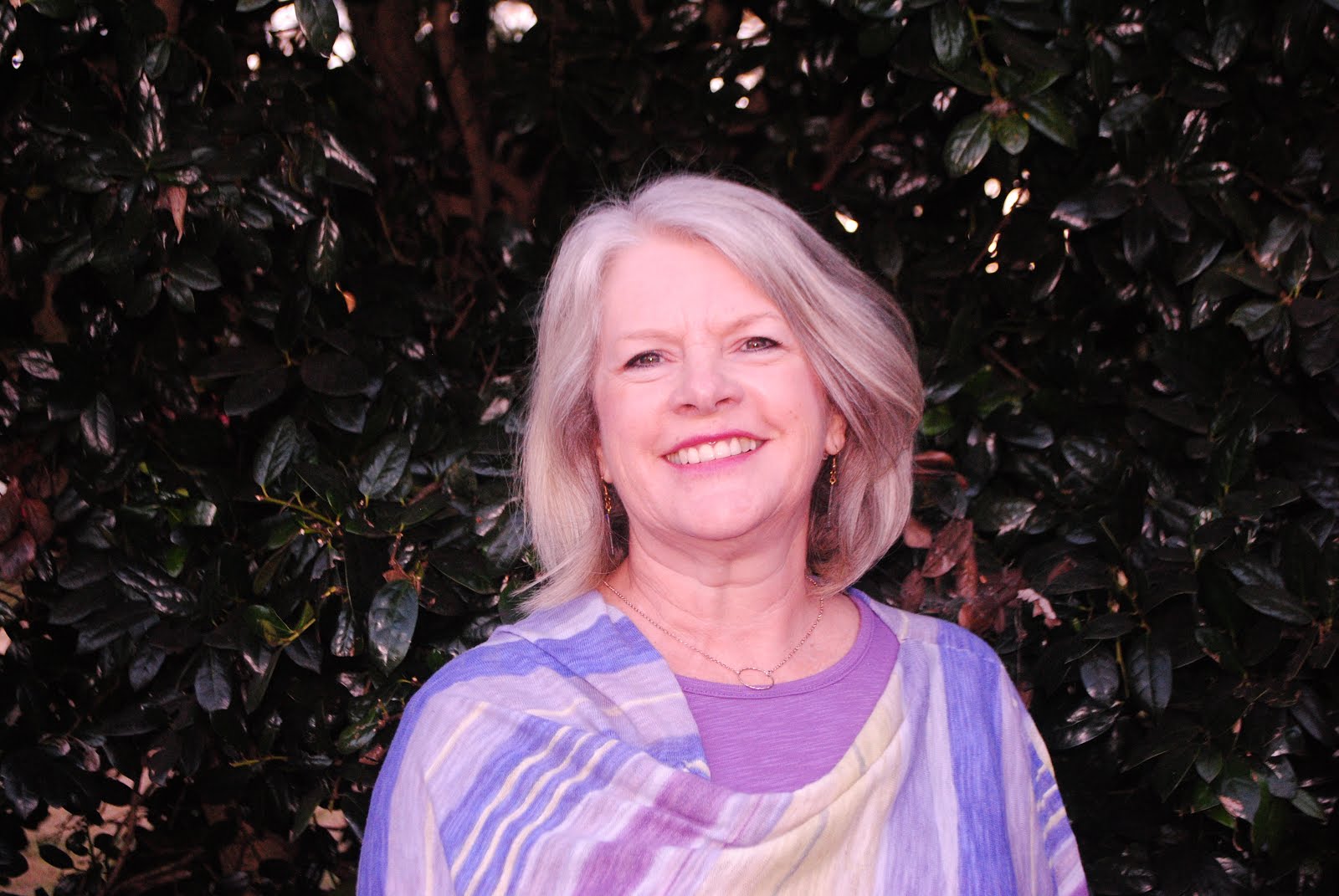I did listen to Amy Bloom's Where the God of Love Hangs Out, a short story collection, and then I found that one of her stories from that collection was included in the new edition of our literature anthology. I also somehow picked up Falling Apart in One Piece by Redbook editor Stacy Morrison, an account of the end of her marriage when her son was just a few months old. It wasn't the kind of book I intended to read, but I did glean a couple of good phrases from the book. She said at one point ,"I like to live life out loud." I understood that impulse completely. My favorite quote, though, was this: "Life is hard. Life is good. These two truths are in no way related."
Meanwhile, after reading high praise of author Charles Portis in Oxford American magazine, I rounded up a copy of True Grit. Since a remake is in the works (with Rooster Cogburn played by Jeff Bridges, I hear), I thought it was high time I read the real thing--told from Mattie's point of view.
I was also tickled to hear that Ron Koertge had written a follow-up novel-in-verse to Shakespeare Bats Cleanup, this one called Shakespeare Makes the Playoffs. This one follows Kevin Boland, a middle school boy who loves baseball but also keeps a secret poetry journal, which he finally begins to share a little. In the first book, Kevin is home sick with mono right after his mother's death from cancer. Now in this second book, his father has begun to date, something Kevin is not quite ready to accept. He also finds himself torn between his girlfriend Mia and Amy, a kindred spirit he meets at a poetry reading with his dad. I love the way he uses his journal to experiment with poetry forms as he writes about his day-to-day life. I first fell in love with Koertge's adult poetry, and then I heard him present at an English conference and discovered his YA lit as well.
Now I'm trying to keep up with school reading, while also balancing Mark Twain's Innocents Abroad, an unlikely book club pick, and Adam Ross's Mr. Peanut, a recent Lemuria First Edition Club choice. I'll report back soon.







